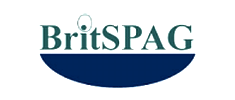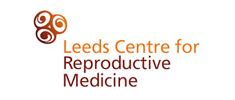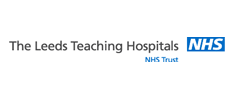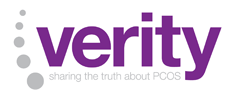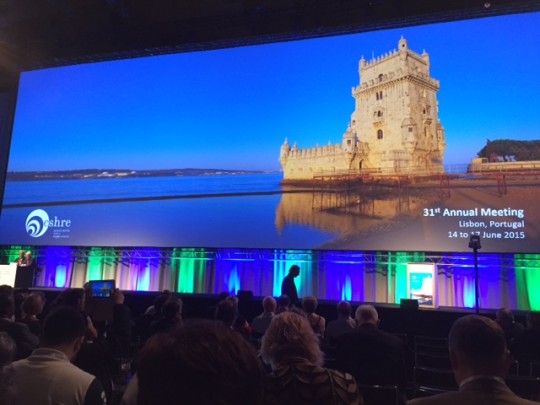
I have just returned from the annual ESHRE (European Society for Human Reproduction & Embryology) meeting in Lisbon, which was attended by more than 10,000 delegates. There was interesting science and I was honored to give a plenary lecture on polycystic ovary syndrome (PCOS), which was attended by over 2,000 delegates – the others were in parallel sessions and meetings or maybe even enjoying the sun!
There was a lot of interest by the press in the current debate on ovarian ageing – how relevant is it and what should we be doing? There is no doubt that women these days start trying for a family much later than only 10-20 years ago and there was lots of research presented about ways to predict the future fertility for an individual, but there is no conclusive test that can reliably see into the future. There was also a lot of talk about the fall in success rates with age, which is due to chromosomal, or genetic, abnormalities in the eggs and embryos from older women. Evidence was also presented that if you take a cell from an embryo and check its genetic make up and then only transfer normal embryos into the uterus of a woman having IVF, then there is no fall in pregnancy rate even for older women in their early forties.
Once past the age of 44, however the chance of conceiving with your own eggs is slim and current research is looking to see if there is any way to enhance the “quality” or fertility of these eggs. Indeed I heard data about “Augment” treatment, presented in a satellite meeting (so not the main conference) of a series of women, of all ages, with a history of very poor embryo quality who are now having some pregnancies, albeit with a low success rate. This is still very much a “watch this space” area and there are significant concerns about the safety and validity of injecting mitochondria into eggs. I encourage the company, OvaScience, to publish their methods and data in peer-reviewed journals, plan prospective randomized controlled trials and carefully follow-up the outcomes of pregnancies and the health of children conceived this way.
Some specialists are suggesting that if a woman hasn’t had a baby by the age of 35 she should have her eggs frozen. I think this is a step too far, as the technology doesn’t guarantee a baby and requires a woman to go through a cycle of IVF which is no small undertaking, may result in the freezing of approximately 10 eggs of which maybe 80% will survive the freezing process and then subsequently 70-80% may fertilise giving a handful of embryos that may offer a 30-40% chance of having a baby at best.
Instead we need to provide our young women with more information about fertility and how it changes with age and enable them to both have a career and start a family. This will require a societal shift to better support young working mothers. Health education should be more than advice on how to avoid unwanted pregnancies and sexually transmitted diseases, but more about fertility and life. We need to put the family back into family planning!


